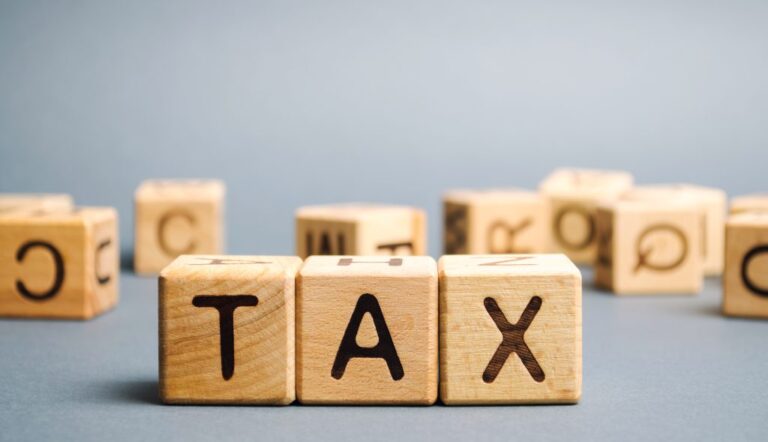Tax is not all doom and gloom when considering an investment. Investors should explore how they could get the tax man in their corner when they invest.
Great was the relief when Enoch Godongwana, Minister of Finance, didn’t increase tax rates for individuals during the Budget Speech in February. That doesn’t mean everybody gets exempted from so-called bracket creep when your salary increase pushes you into a higher tax bracket. Fortunately, all is not bad news when you are able to invest some of that increase.
ADVERTISEMENT
CONTINUE READING BELOW
South Africans pay a lot of tax, and on top of that often pay extra for things that they think the government is not taking care of well enough. These could include schooling, security, electricity backup and medical care expenses. Mark Twain famously said, “What is the difference between a taxidermist and a tax collector? The taxidermist takes only your skin.”
Who can blame us for thinking it would have been nice if we didn’t have to pay tax on our investment income? For most of us, it is hard enough to start saving and investing. Worrying about the tax we must pay on what our investments may earn us seems like a problem for rich people.
The good news is that sometimes the T-word, tax, can work in your favour regarding investments. Even people at low-income levels can benefit from how they invest. This is because of the tax breaks the government allows.
Let’s first look at two concepts around tax – the one is that you pay tax on any income you receive in your pocket (above a certain minimum level) and the other is that you can get taxed on the growth in your investment.
Tax-free growth means that you don’t pay tax on the growth your investment is earning. This is the case with a retirement annuity and a tax-free investment. With other investments, like a unit trust, you get taxed if the growth of your investment adds to your yearly income that gets taxed. This is regardless of whether it is paid out to you or whether you reinvest the unit trust growth.
That is why a financial advisor will often encourage you to invest in a retirement fund or a retirement annuity first. It is the most tax-efficient investment you can find because of the non-taxed growth as well as the tax break or rebate you will get. With retirement money, you get back a chunk of what you invest, according to the tax rate you normally pay. This means if you pay a tax rate of 26%, you will get back R260 for every R1 000 you invest.
ADVERTISEMENT
CONTINUE READING BELOW
A close second tax freebie is a tax-free investment. Here you don’t get taxed on the growth in your investment either, but you don’t get that nice rebate for your savings efforts. People will make the most of their investment if they don’t use it as a bank account or for short-term investments. The longer you leave your money untouched, the greater the chances of it growing better.
Another investment where the taxman is less invasive with the knife, is an endowment. People in a tax bracket who pay more than 30% tax, often prefer this investment after they have exhausted their retirement annuity and tax-free options. (With a retirement annuity you get tax breaks on investments of up to 27,5% of your income or R350 000 per year, whichever is lower, and you may invest up to R36 000 a year in a tax-free investment). This is because the asset manager or insurer pays the tax on the growth to the South African Revenue Service on behalf of the investor. The tax rate depends on whether the investor is an individual or a company. This means that when the investment pays out eventually, the investor doesn’t have to pay tax on the proceeds. We work hard for our money. The best is if we make sure our investments are as tax efficient as can be.
Pieter Albertyn is head of product solutions at Momentum Investo.

